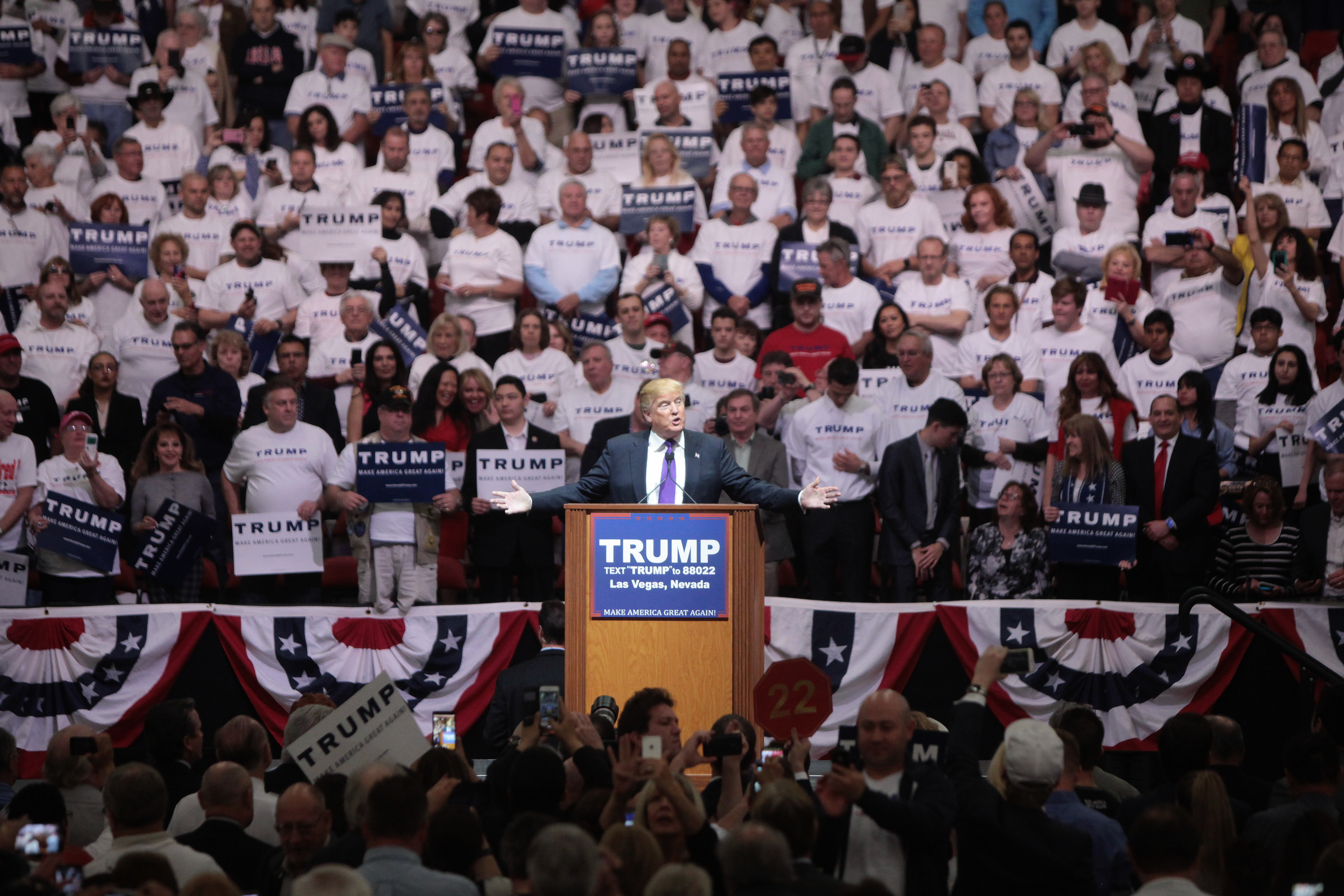Here at Emory, there are two glaring minorities: blacks and Republicans — I am both. At times I feel like a unicorn because, well, that combination is about as easy to find as a black dude at a Luke Bryan concert. It may seem as though I’m totally estranged from both of the communities I claim; after all, black people aren’t supposed to be Republicans!
Too many people — whites and blacks alike — seem to grip the notion that skin color must inform political ideology and alignment. I find this arbitrary and sad. As Americans, we have the freedom to pick whichever faction within the political spectrum we prefer. Full stop. Sometimes I wonder, why am I such a unicorn? Why does skin color seem to play such a mighty role in determining party alignment? Why aren’t there more black Republicans?
But, before I jump the gun, let’s clarify diction. What exactly is a Republican?
Is it a Bible-thumping deep-Southerner with a Confederate flag folded up in his truck bed? Or is it a gun-toting white male in his mid-50s? An ignoble top-one-percenter? A privileged white kid who likes to say the n-word around his privileged white friends? A fanatical, megalomanic businessman with the emotional maturity of an angst-ridden, MTV-watching teenager? All of the above?
Time and time again, the media’s answer seems to be “all of the above.” The GOP is merely a hotbed for injustice, inequality and indifference, right?
Stop nodding your head. Let’s take a trip back to eighth-grade American history.
Once upon a time, Republican Party members were champions for the marginalized (think Abraham Lincoln, who issued the Emancipation Proclamation), and the Democratic Party really consisted of a bunch of pricks (think Andrew Johnson, who vetoed the Civil Rights Act of 1866). Blacks married the GOP a long, long time ago. It was a happy marriage (we looked so good together!), as the party of civil rights wrestled with the radical racism that had stricken the Deep South with struggle.
But, obviously, something changed. Somebody wanted a divorce in the 1960s. Today, about 95 percent of black voters are Democrats. And, even as a Republican myself, I must say that I don’t blame them. The GOP’s long strides toward equality have almost completely dissolved, and the fruitful legacy that makes the party so incredible seems to have been erased.
It makes me sad to see how the Republican Party doesn’t embrace their illustrious history anymore. Why are the Democrats the only ones pushing for social change? Why are they the only inclusive ones? What happened? Nowadays, the GOP doesn’t market to anyone but white males, which is why we blacks often dub the GOP as uninviting or unattractive. Moreover, Republicans tend to confuse diversity with tokenism — those five or six black people at the RNC don’t constitute diversity, as a certain orange-skinned friend of ours (Donald Trump) would like to think.
And, speaking of he-who-sleeps-in-a-tanning-bed, I find it shameful that conservative Americans and big name Republicans chose this guy to be our figurehead. Shameful. First, Trump isn’t even a conservative — he’s a populist who promotes increased government involvement in both social and fiscal affairs. That is, anyone who wants to build a wall — which seems more like a Berlin Wall-esque symbol than a functional barrier — and, somehow, deport every last illegal immigrant in America, is someone who wants drastic increases in governmental affairs in both spectrums. Second, he’s a whiney bigot, but y’all already knew that. Third, and most importantly, he does not embody the principles that the Republican Party was founded upon.
We Republicans advocate for a smaller government. We believe that each person is responsible for their own place in society. We believe in the power of free enterprise and the value of fiscal accountability. We believe that the American Dream is alive and well. We believe that America was “great” to begin with, and that, despite the myriad areas to improve in, it still is.
I don’t know if Trump buys into those tenets, but I sure do, and that’s why I’m a Republican. I just happen to be darker than the rest of my conservative family. I dream of the day when I can tell an Emory student that I’m a Republican without eliciting a “You are?” or a “Really? That’s … interesting!”
I feel like their reactions have less to do with my political alignment than they have to do with my skin color. Which is fine — I take no offense — but let’s grow up a little, y’all. It’s 2016. By now, we should know that color has about as much to do with political ideology as a groundhog has to do with the turn of seasons. I think that the lack of black Republicans has to do in part with our communities, our media and — hell — our families telling us that it’s not right. Do Democrats promote black interests more than Republicans do? Stop nodding your head. That was a trick question.
“Black interest” isn’t a party interest. Racial groups’ interests don’t fall under the confines of religion, tradition or politics. I think it’s time to erase the ever-growing stigma of black republicanism. I think it’s time to promote a new notion of nonconformity in an America where CNN and Fox News spew hilarious mistruths seemingly in an attempt to stir up racial groupthink and cultivate ferment and division. I think it’s time to talk about republicanism through a lense of textbook definitions instead of wackadoodle politicians, and I think it’s time to strike through political correctness and have honest dialogue — College Democrat to College Republican — about what’s going on in this country. But chiefly, and crucially, I know it’s time to take the color out of politics.




